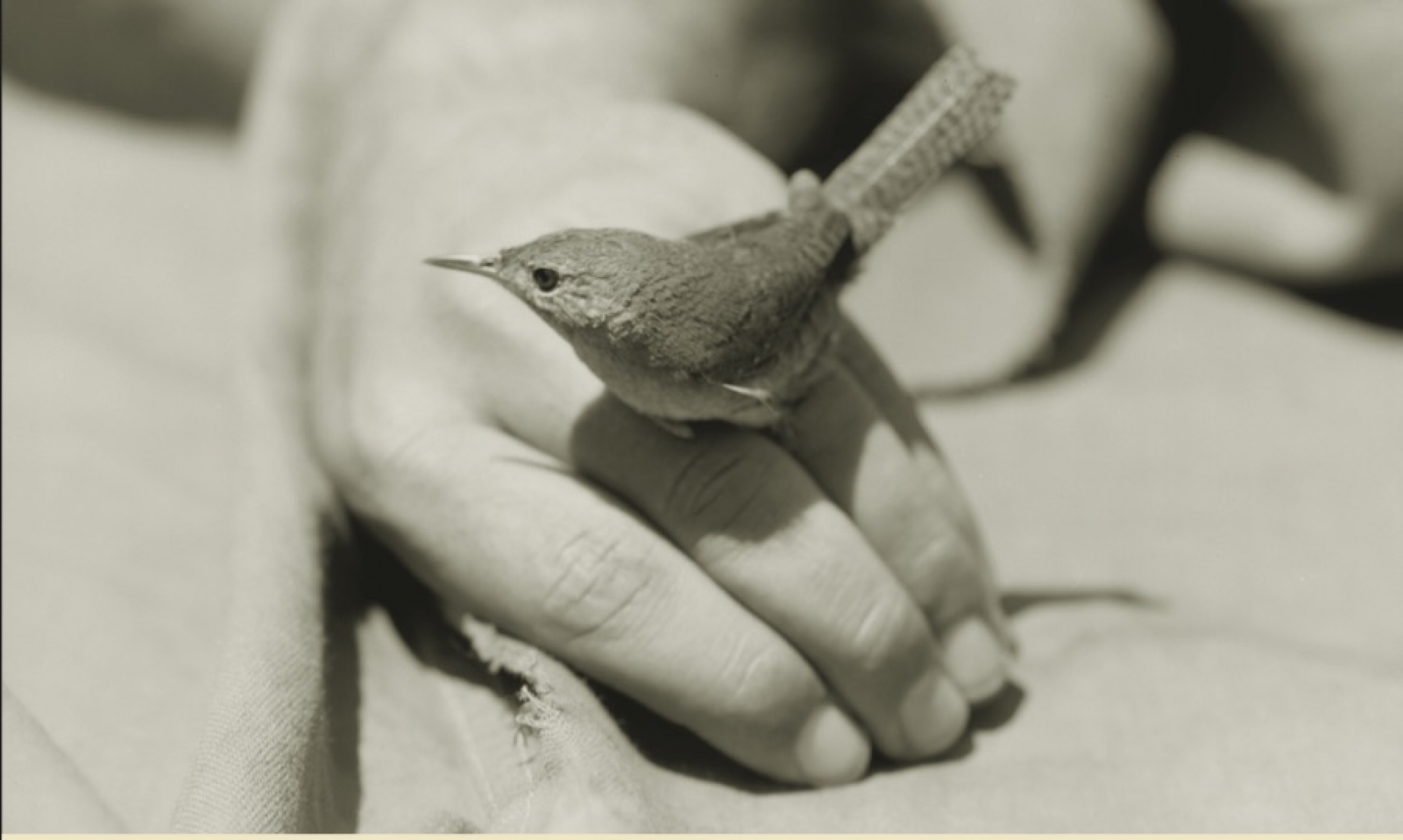My experience with the written word, in modes both functional and artistic, is far ranging. I am qualified to edit proposals, grants, theses, web content, all forms of non-fiction (including self-help, scholarly books, and memoir), as well as novels, short stories, and poetry. No matter what mode you bring to my desk, we’ll need to decide if it requires a developmental edit, a line edit, or a close appraisal.
DEVELOPMENTAL. The developmental editor is given the license (by you, the author) to query, challenge, and posit what-ifs. In non-fiction these challenges usually regard structure, momentum, and the soundness of an argument. The editor of non-fiction should keep the author honest—true to her intention. And thus I like to correspond in writing or in conversation with the author before seeing a manuscript of non-fiction. Please be ready for such probing questions as Why this subject? What do you want this book or article to accomplish? Is it meant to reveal or to rectify?
The developmental editor of fiction will also question structure and momentum. But instead of (or in addition to) a sound argument, I’m looking for plausibility in terms of character (emotional plausibility and motive) and plot. Belief is what keeps readers coming back to a certain author, not just the suspension of disbelief. If you trust the teller, you will trust the story. It takes a good ear to catch an author’s voice and style in the earliest stages of a novel. The editor who can do this will save the author a lot of wasted motion in revision.
LINE BY LINE. I’ll be honest, the line between line editing and developmental editing is at best ambiguous. If what you need most is the big picture, I usually have to grit my teeth not to edit line by line, word by word. Line editing is a reflex that kicked in while I was teaching composition in high schools and community colleges and was sharpened through years editing magazines and books. It is hard for me to write to the end of a sentence before editing it. However, I am not a Strunk & White-wash sort of line editor. Standard American English is a necessary point of reference, but there are others. Line editing (like developmental editing) should be guided by a sensitivity to voice, style, consistency, and intended readership.
CLOSE APPRAISAL. There’s also a stage in the writing process that cries out for a deep reading and a gut response from an outside reader. A close appraisal from the editor lets the writer know if she is on the right track. Sometimes this appraisal is guided at the outset by specific concerns from the author; sometimes the author wants a blind reading. Either way, a general response like this can often inject new energy into the process itself. A good choice if you feel lost in a project and can’t see the forest for the trees.
What I can provide with these editorial services:
The DEVELOPMENTAL EDIT begins with an introductory conversation to clarify the intentions of your project, assess your needs, and strategize the work at hand: this includes the deadline. After I read the manuscript you will receive the annotated manuscript and a detailed letter, usually four to six pages, laying out the strengths and weaknesses of the manuscript as it is. The letter will be specific and will offer possible solutions. And then, if it’s helpful, we can have a follow-up conversation to tie up any loose ends.
The LINE EDIT begins with an introductory conversation to make sure we agree on what a good line edit means for your manuscript, on an editing format that is practical for you, and on a feasible deadline. Once you review the line edits, marginal notes, and an editorial memo, I am happy to follow up with a conversation.
The CLOSE APPRAISAL begins with an introductory conversation so that you can provide some background, as well as your goals and intentions for the manuscript. During this conversation you can also lay out particular concerns and things to watch for. We’ll agree on a deadline for you to receive a three- to four-page letter mapping out the manuscript and making suggestions to build on its strengths. I am happy to follow up with a conversation. If the author desires more specific guidelines for revision, we can draw up a new contract for a developmental edit (see above).
What kind of editing do you need?
One way to answer this question is to figure out where you stand in relation to your manuscript. Have you had several readers, completed several revisions, and feel a nervous excitement that you might have done it? If so, you’re probably ready for a line edit. Then again, if you know what you wanted this project to look like, can feel its final shape on the tip of your tongue, but can’t quite get there, then a developmental edit is for you. You’ll know right when you write it, but you keep writing wrong? Call me.
CAVEAT. I have every confidence that I can help you as little or as much as you need to create a piece of writing that satisfies your standards of radiance. Once that jewel is cut, my job is done. I cannot help you meet the right people, find an agent, a publisher, or a publicist. That said, I have had a long and various literary career and will not stint on advice if asked.
